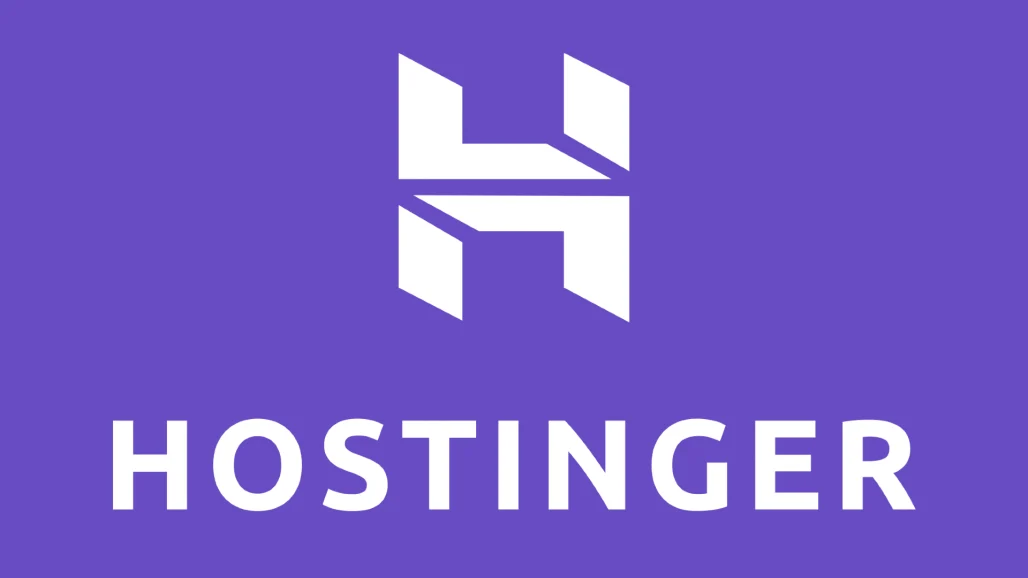In an era propelled by technological innovation, Artificial Intelligence (AI) has transcended from a futuristic concept to an omnipresent reality, revolutionizing various industries.
The education sector, in particular, has been significantly transformed by AI, offering an enhanced learning environment marked by personalization, engagement, and efficiency.
For students navigating the academic landscape, harnessing the power of AI tools can mean the difference between a good education and a great one.
From simplifying administrative tasks to facilitating language acquisition, AI tools are a boon for modern learners.
Here, we explore a curated list of the best AI tools that are empowering students in 2024, bridging the gap between potential and performance.
Understanding the Role of AI Tools for Education
The introduction of AI in education has witnessed a paradigm shift from a one-size-fits-all approach to a tailored learning experience.
Through sophisticated machine learning algorithms, AI tools offer adaptability, which caters to the unique needs of each student, thereby amplifying their academic growth.
By providing targeted support and feedback, these tools foster an environment of continuous improvement and personalized learning.
The educational advantages of AI extend to fostering a more inclusive learning environment by breaking down barriers to accessibility.
From students with cognitive or physical impairments to those for whom English is a second language, AI tools offer a pathway to inclusive education.
Best AI Tools for Students
In the vast sea of AI innovations, several tools have emerged as indispensable aides for students.
Here are some of the best AI tools that have become educational linchpins for the modern-day scholar:
1. Grammarly
One of the most popular AI tools among students, Grammarly acts as an AI writing assistant, offering real-time corrective suggestions to enhance grammar, spelling, and clarity in written work.
Its prowess lies in not only identifying errors but providing explanations and examples, effectively transforming each writing session into a private tutorial on grammar and style.
2. Otter.ai
Establishing itself as a must-have tool for students, Otter.ai excels in transcribing spoken content into text, with advanced features for the identification of speakers and the creation of searchable notes.
Particularly beneficial in capturing accurate lecture content, Otter.ai ensures that students never miss a crucial detail, allowing them to focus on comprehension rather than taking notes.
3. QuillBot
QuillBot functions as a cutting-edge paraphrasing tool that reshapes and restructures sentences and paragraphs to improve fluency and coherence.
Students can use QuillBot to refine their essays and research papers, ensuring that their arguments and ideas are conveyed clearly and effectively.
4. Duolingo
For language enthusiasts and students of foreign languages, Duolingo is an AI-powered gem.
Through its interactive and game-like lessons, Duolingo makes language learning accessible and enjoyable, offering personalized feedback to ensure steady progress in mastering a new language.
5. Wolfram Alpha
Wolfram Alpha stands at the intersection of technology and academics, serving as a computational search engine that provides answers to factual queries and assists in problem-solving across various subjects, particularly mathematics and science.
Learn More: Top 50 AI Tools For Assignment Writing
Types of AI Tools for Students
AI tools for students can be broadly categorized based on their primary functionalities to enable easy selection according to educational needs.
AI-based Learning Management Systems (LMS)
AI-integrated LMS platforms offer a comprehensive suite of tools, including personalized learning paths, recommendations, and progress tracking.
These systems provide educators with valuable insights into student engagement and performance, allowing them to tailor their teaching strategies effectively.
AI-powered Tutoring Tools
Virtual tutoring systems harness AI to create a responsive and personalized learning environment for individual students.
By analyzing student responses and learning patterns, these tools offer customized lessons and immediate feedback to encourage mastery of subjects.
AI Tools for Language Learning
AI tools for language learning boast adaptive algorithms that cater to different learning paces and styles.
These tools often offer speaking and writing exercises, encouraging practical application of language skills to foster fluency.
Choosing the Right AI Tool for Your Needs
Selecting the right AI tool for educational purposes is a critical decision that should be made based on several factors.
Students should consider the compatibility of the tool with their device and other software, the effectiveness of the tool in meeting their learning goals, and any known limitations such as the language or subject matter scope.
It’s important to note that AI tools should complement and enrich traditional learning methods rather than replace them entirely.
The human element in education is irreplaceable, and AI tools are most beneficial when used to augment the guidance and expertise of educators.
Learn More: Top 20 AI Tools For Video Creation
Future Trends in AI for Education
Looking ahead, we anticipate that AI will continue to refine its role in education, perhaps developing even more sophisticated tools that enhance the personalization of learning.
With the expansion of online education, AI is likely to play a more significant role in shaping the virtual classroom of the future.
Furthermore, as AI technology becomes more advanced and widespread, we may witness a shift towards more democratic education.
AI tools have the potential to make high-quality education accessible to a broader audience, irrespective of geographical or socioeconomic barriers.
FAQs
Are AI tools for students safe and secure?
The safety and security of student data is a primary concern for most AI tool providers.
When selecting an AI tool, students should look for features such as strong encryption, clear privacy policies, and data protection measures to ensure the security of their information.
Can AI tools for students significantly improve learning outcomes?
While AI tools are powerful aids in the learning process, they are not a panacea for educational challenges.
The influence of these tools on learning outcomes is dependent on various factors, such as the student’s commitment to using the tool effectively, the tool’s appropriateness for the subject matter, and the support of qualified educators.
How can students integrate AI tools into their study routines?
Integrating AI tools into a study routine involves first familiarizing oneself with the tool and then finding ways to incorporate it into various aspects of the learning process.
For instance, a student might use an AI tutoring tool for regular practice, a writing assistant for assignment reviews, and an AI language learning app for daily drills.
Conclusion
AI tools serve as significant allies in the pursuit of educational excellence. By understanding their functionalities and harnessing their capabilities, students can craft a more efficient, engaging, and personalized academic experience.
It is crucial for learners to stay abreast of AI developments in education and proactively utilize these tools to propel their learning and growth.
In the end, the willingness to adapt and integrate AI into one’s educational arsenal can lead to broader horizons and deeper knowledge.



